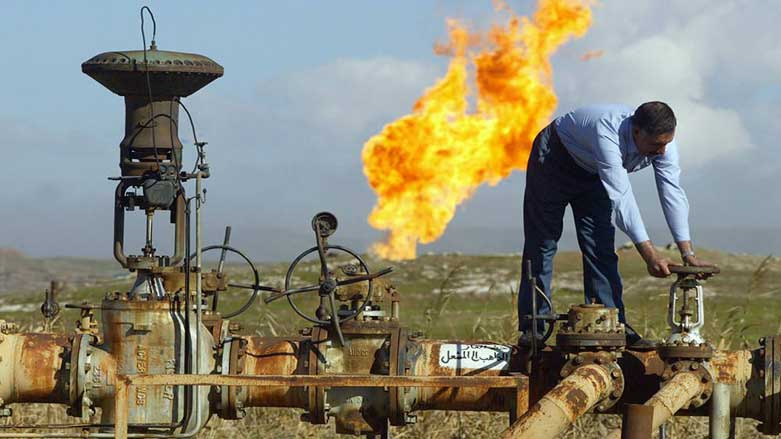Why Did Iraq Also Turn Its Back on Iran?

A former Iranian diplomat believes: “Iraq’s decision to increase oil production and fill in for the lack of Iranian oil on the market is a step in line with its national interests. Iran is obliged to respect this decision.”
Certain media outlets have claimed that Iraq has decided to increase its oil production by 250 thousand bpd to offset Iran’s oil deficit after the US revoked oil exemptions for its clients. This is while Iran has given the most help to Iraq in its fight with Daesh, defeating them in Iraq.
In an interview, former Iranian diplomat Fereydoun Majlessi, said: “Tehran’s positive response to pleas of help by Baghdad during the Daesh crisis was due to Iran’s national interest. Iran was fully aware that a Daesh rule in Iraq was by far more threatening and dangerous than Saddam’s rule in this country. Thus, it was the first country to take part in counterterrorism operations in Iraq against Daesh who was nurtured by Saudi Arabia. As such, Iran’s initiative must not be linked to Iraq’s decision to increase its oil production.”
He added: “Today, Iraq has decided to act on its national interests and find a place for itself on the market with its vast oil and gas reserves. Therefore, if Baghdad has decided to increase production by 250 thousand bpd, it has taken a decision in its own national interest.”
Speaking about Iran’s response to Iraq’s decision, the analyst of foreign policy issues said: “Firstly, 250 thousand bpd is not a large figure. After Saudi Arabia, Iraq has the largest oil reserves in the world and wanting a larger share of the market is natural. Secondly, Iran must respect this decision. Although it can stop gas and electricity sales to Iraq and even close communication routes opened in recent years for the Arbaeen religious pilgrimage, the disadvantages of doing so will be greater than its benefits for Iran. In this case, it will lose its income from gas and electricity sales to Iraq.”
He continued: “Another point is that the purchase of Iranian gas and electricity is a temporary arrangement for Iraq. This will soon come to an end once Iraq has streamlined investments in these projects. It is also forecast that Iraq will begin exploiting joint oil fields while Iran is under US sanctions, as did Qatar previously.”
Commenting on Turkey’s response to the non-renewal of oil waivers for Iran, Majlessi said: “Turkey’s response is also in line with its national interests. This country needs Iran’s oil and gas. But more importantly, they can pay for it in currencies other than the dollar, such as the Turkish lira. Also, Tehran is compelled to import Turkish goods in lieu of its oil income and these have become very popular with Iranians these days. As such, Ankara’s reaction is in line with its own national interests.”
He reiterated: “Whether Iran is right or wrong, the reality is that this country is considered a liability and other nations are not willing to get entangled in this web. Iran has entered hostile relations with the greatest political, economic, and military power in the world; but other international actors are trying to work with great powers in line with their interests.”
Source: Persia Digest

